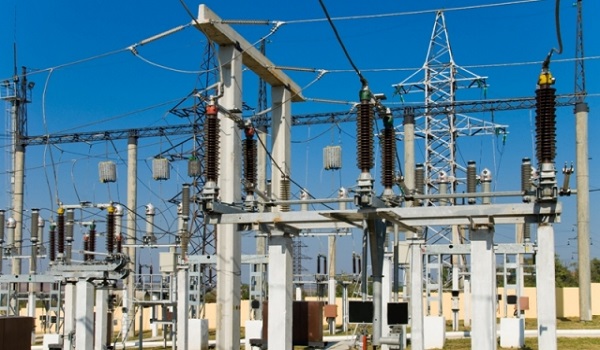In a surprising turn of events, power distribution companies (DISCOs) have decided to abandon 8,000 megawatts of cheaper, renewable energy projects due to glaring flaws in their proposed electricity acquisition plan. The flaws in this five-year power acquisition plan, intended to purchase electricity from clean energy plants, have raised concerns among stakeholders and the National Electric Power Regulatory Authority (Nepra).
At a recent public hearing, Nepra and various stakeholders pointed out substantial shortcomings in the plan. One significant oversight was the lack of consideration for the impact of electricity tariffs on consumers, leaving the regulator perplexed. Nepra’s representatives, during a briefing with DISCOs, struggled to grasp the key points of the plan, indicating a lack of clarity in its presentation.
Under the Indicative Generation Capacity Expansion Plan (IGCEP), renewable energy projects totaling 8,000 megawatts had previously been approved. However, these projects were notably absent from DISCO’s power acquisition plan for the financial years 2022-23 to 2026-27.
The plan also failed to address critical issues such as electricity evacuation and system constraints, leading to concerns about the reliability and stability of the power system. Officials from DISCOs argued that they had included only the electricity to be procured from contracted power plants in their plan, excluding the electricity generated by the Kapco power plant. However, when questioned by Nepra, they conceded that electricity would indeed be procured from Kapco.
Nepra emphasized that DISCOs had deviated significantly from the previously approved IGCEP, which had proposed the addition of 8,000 megawatts of electricity that was not included in the power acquisition plan. This deviation raised concerns about potential gaps in the plan and the failure to consult the system operator, responsible for assessing which plants should operate to ensure the power system’s reliability and stability.
Nepra officials warned that if the power acquisition plan was not aligned with system reliability, chronic constraints in the power system could emerge, potentially leading to power shortages in some areas. It was observed that in cities like Lahore and Faisalabad, furnace oil-based power plants were being used to stabilize the system, highlighting systemic deficiencies.
DISCOs defended their power acquisition plan, claiming it was based on a new IGCEP in the finalization process. They argued that the old IGCEP had been based on inflated GDP figures, while the power acquisition plan aligned with new forecasts and the demand of DISCOs.
However, Nepra officials stressed the binding nature of the IGCEP for ensuring the system’s smooth operation and urged DISCOs to consider the plan’s impact on end-consumer tariffs. They questioned how the cost of the new power acquisition plan would be covered and whether DISCOs would seek fuel cost adjustments.




